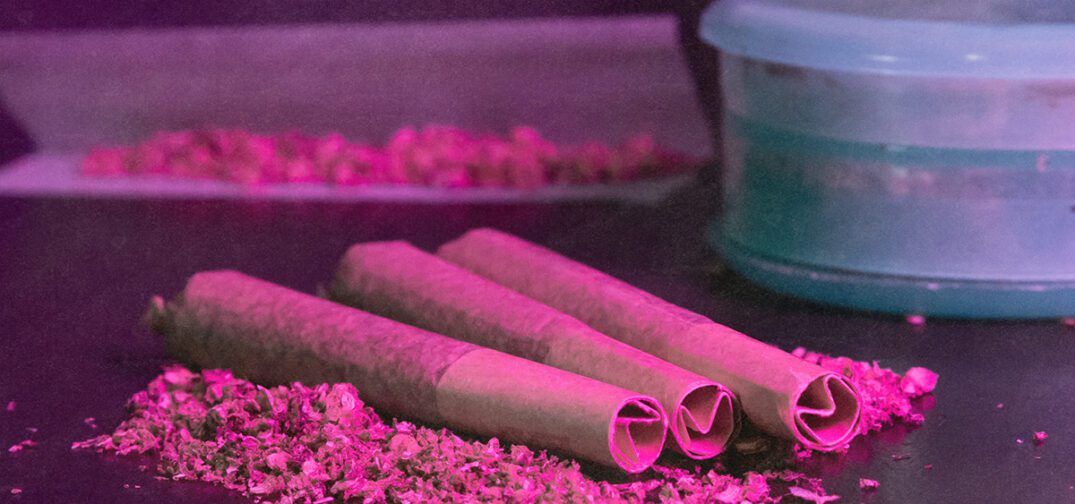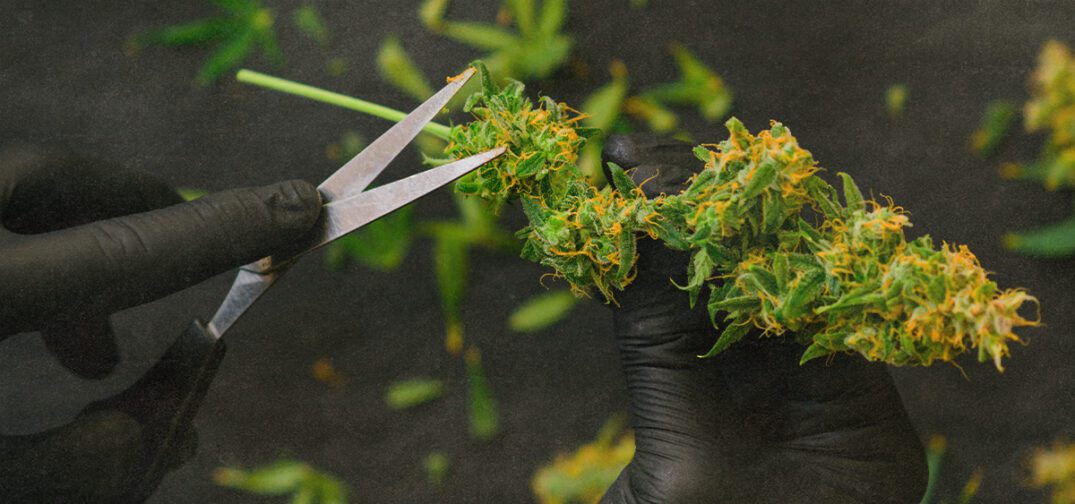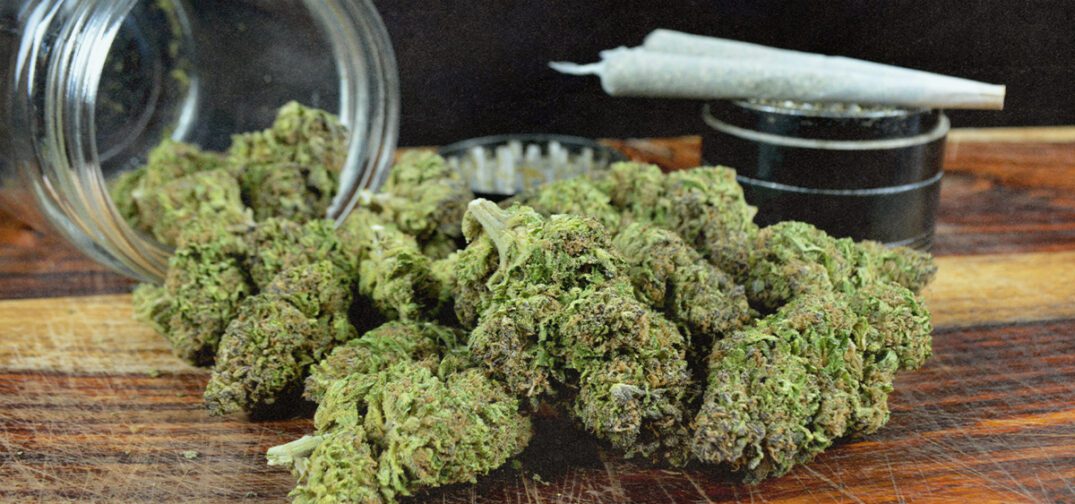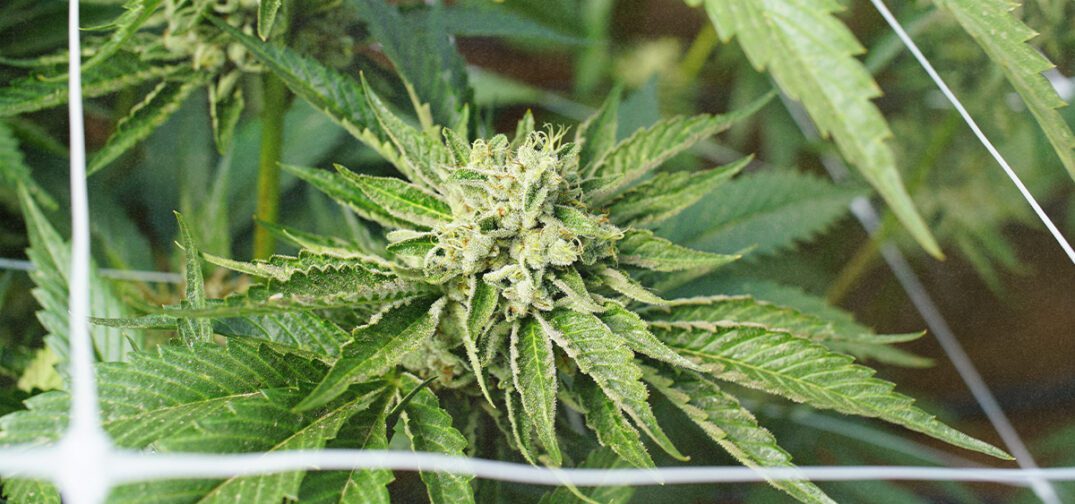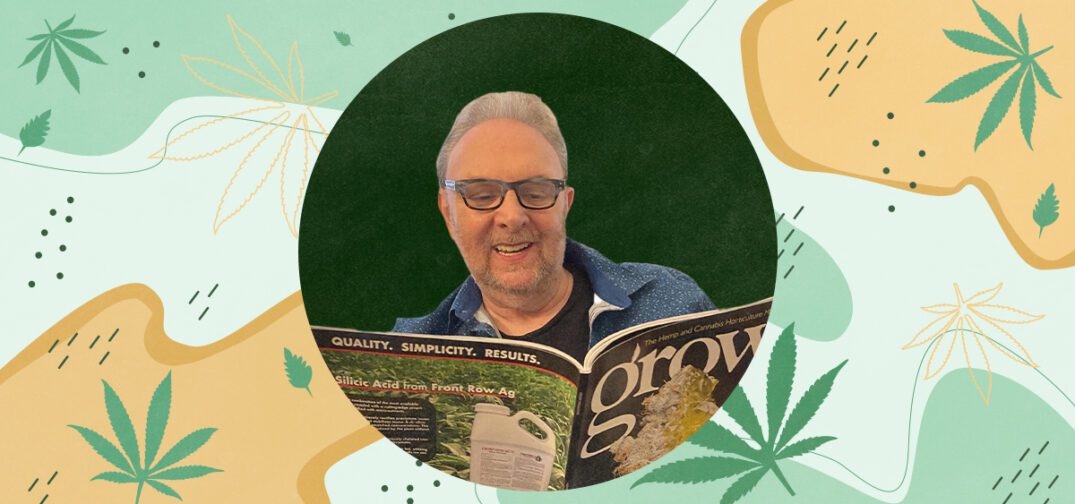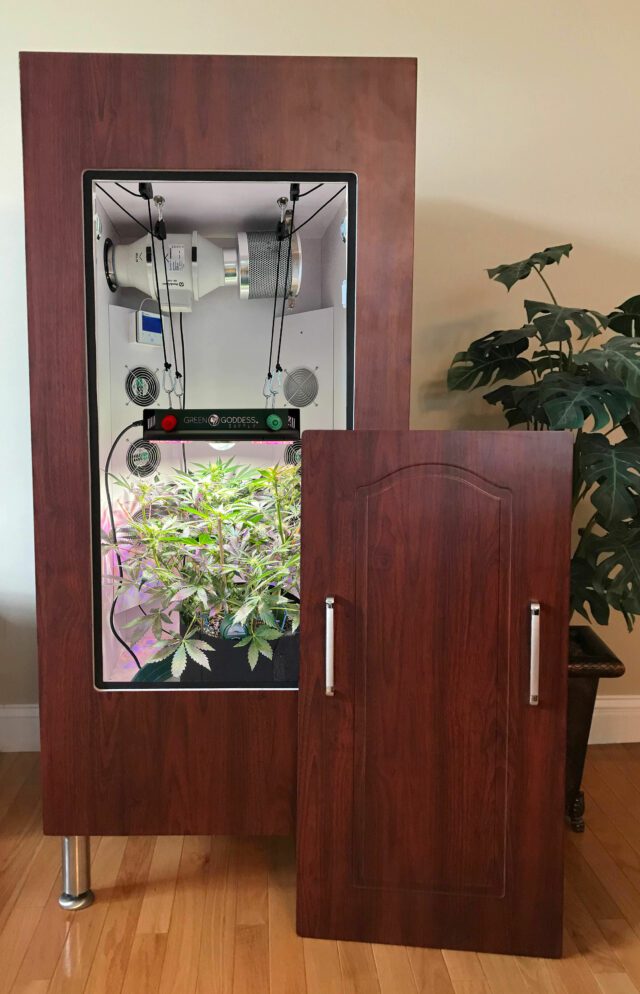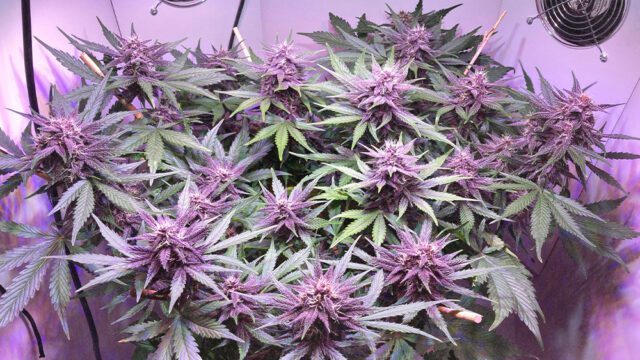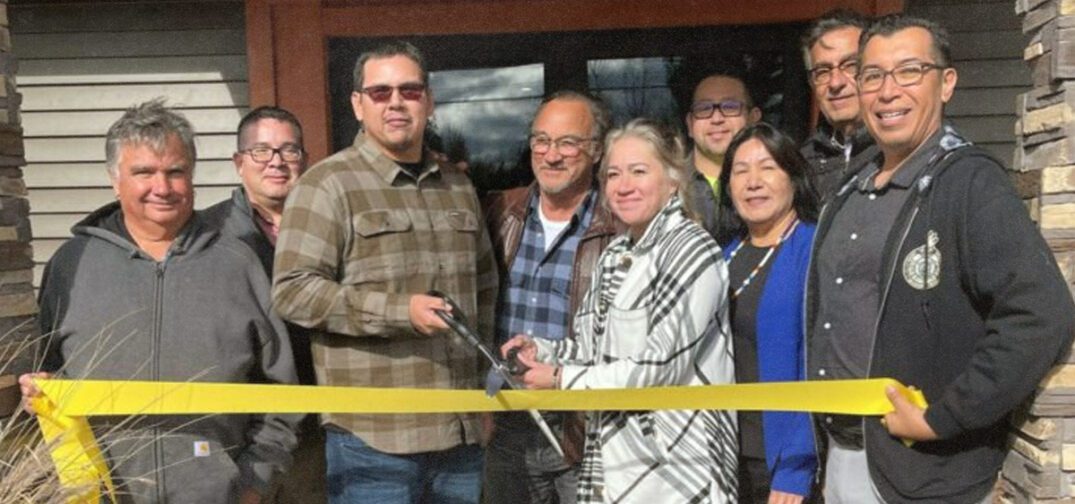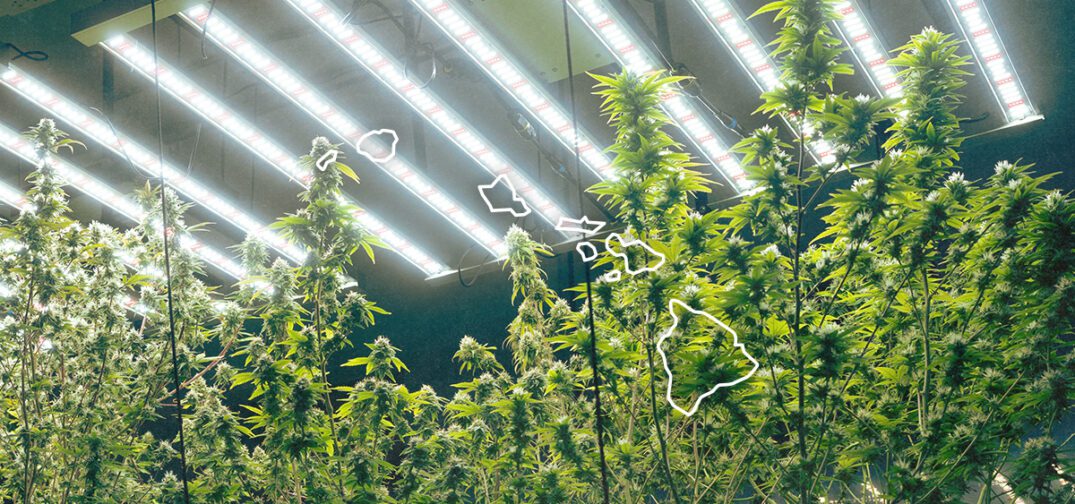While infused edibles make up a larger cannabis market share year after year, gummies, chocolates, and candies still frequently dominate dispensary shelves. TSUMo Snacks chose to go another route with the release of savory edibles including zesty ranch chips, hint-of-lime chips, fiery hot and cheese crunchers, and now Uncle Snoop’s Snazzle-Os — because Snoop is “more of a Funyuns guy.”
Co-founder and CEO Caroline Yeh worked in the cannabis industry for more than six years before launching TSUMo — prior to that, she had a seasoned run in edible CPG. This interview dives into what led Caroline to start her own company, the process of infusing and developing the company’s savory edibles, and more!
Find the full interview below:
Ganjapreneur: How did you know that it was time to start your own company after working for other consumer packaged goods brands?
Caroline Yeh: I just happened to be in the right place at the right time. I had just left my job at Kiva at the end of January 2021. I was extremely burned out after everything with COVID, and had planned on taking a solid 6 months off to refocus and reevaluate. But the opportunity to lead TSUMo became available, and it was one I couldn’t turn down. I was back at work by mid March.
Why do you think savory cannabis edible products don’t take up more retail shelf space?
They’re actually pretty hard to make, and require a good amount of start-up capital, which a lot of smaller businesses can’t afford to do. Having been in cannabis for 6+ years, I know our industry tends to be very risk-averse — we don’t often jump into new categories or try to create new products, unless someone else has proven success in it first. We’ve seen that with chocolate, gummies and now beverages. Even though these types of savory edibles existed in the medical market, they were difficult to produce in the legal market, and people started to forget that it was even an option.
What is the significance of the capitalized letters in the brand name TSUMo Snacks?
It’s just a fun play on “tsunami.” The name originates from the idea that we bring a “tsunami of flavors,” so capitalizing the letters gives a visual representation of that.
What inputs are used to infuse TSUMo products? Were there challenges in ensuring each chip was precisely dosed?
We use distillate to infuse. And EACH chip is NOT precisely dosed, that’s basically impossible. The dosing is done over a serving size. For example, our 10 mg bags are dosed to the weight of the product, which is 1 oz.
Does the company have its own manufacturing facility or use a third-party manufacturer?
We are a not-plant-touching company, and as such, use a third party co-man.
How does TSUMo educate retail staff when onboarding a new store or releasing a new product?
We do a lot to educate retail staff. It starts with budtender trainings, which are conducted by TSUMo staff. We also reinforce this with a mobile education platform called Zoltrain. We provide samples to staff, and every time we’re back in the store conducting demos we’re educating not only the customer, but also the staff. In fact, the staff has often been the most excited about our demos, and has been overwhelmingly supportive of the brand.
What advice would you give to a brand that is currently seeking funding?
It’s a tough time to be raising. If you can hold off on raising in this economic environment, I would advise you to do that. We were very fortunate that the timing of our raise occurred before the current economic situation fully developed, and I’m sure it would have taken much longer to obtain the funding that we are so fortunate to have now.
How did you know that Casa Verde was the right finance partner?
Given the history of Casa Verde as a leader in investing in the cannabis space, and its experience investing in brands, there was no question that this was a partner that we wanted to work with. And with its deep connections in the cannabis space, we are incredibly fortunate to work with Casa Verde.
When did the brand start developing the Snoop Dogg Snazzle-Os collab?
As the largest LP in Casa Verde, Snoop was already an owner in TSUMo Snacks. However, when he first tried our products, his response was that he was more of a “Funyuns guy,” so we set out to make Snoop our version of Funyuns.
Was Snoop involved in the product development and/or branding of TSUMO Snazzle-o’s collab?
Yes. Snoop had final sign-off on the product, packaging and all the way through to the press release.
How does the product development process differ when releasing a new product versus a collab product?
With a collab product, it’s more complicated, because you’re waiting on feedback and sign-off from the other party. And it’s not just the product, but also the branding, packaging and other elements involved in releasing a product. So it’s certainly more time consuming than just creating and releasing a product on our own. However, it’s also amazing to get direction and feedback from outside parties, which pushes us past our comfort zone. I think that’s a really good thing.
What do you think the future of cannabis-edible CPG will look like?
At TSUMo, we dream of a future where edibles are the largest category in cannabis. At first, that might seem silly, because edibles currently make up only around 15% of the cannabis market. But we hope that with wider adoption, destigmatization, federal legalization and other major changes to our nascent industry, consuming cannabis edibles will be the most popular consumption method. After all, we all eat and drink, so it’s the most familiar consumption method for the vast majority of consumers.
Is the brand working on any new flavors or products for 2023?
Yes. I have always said that TSUMo doesn’t just make savory chips – we are a snack platform. And are open to exploring all snacking categories, provided that it’s not chocolate or gummies.
Thank you, Caroline, for answering our questions! Learn more about TSUMo Snacks at tsumosnacks.com.




